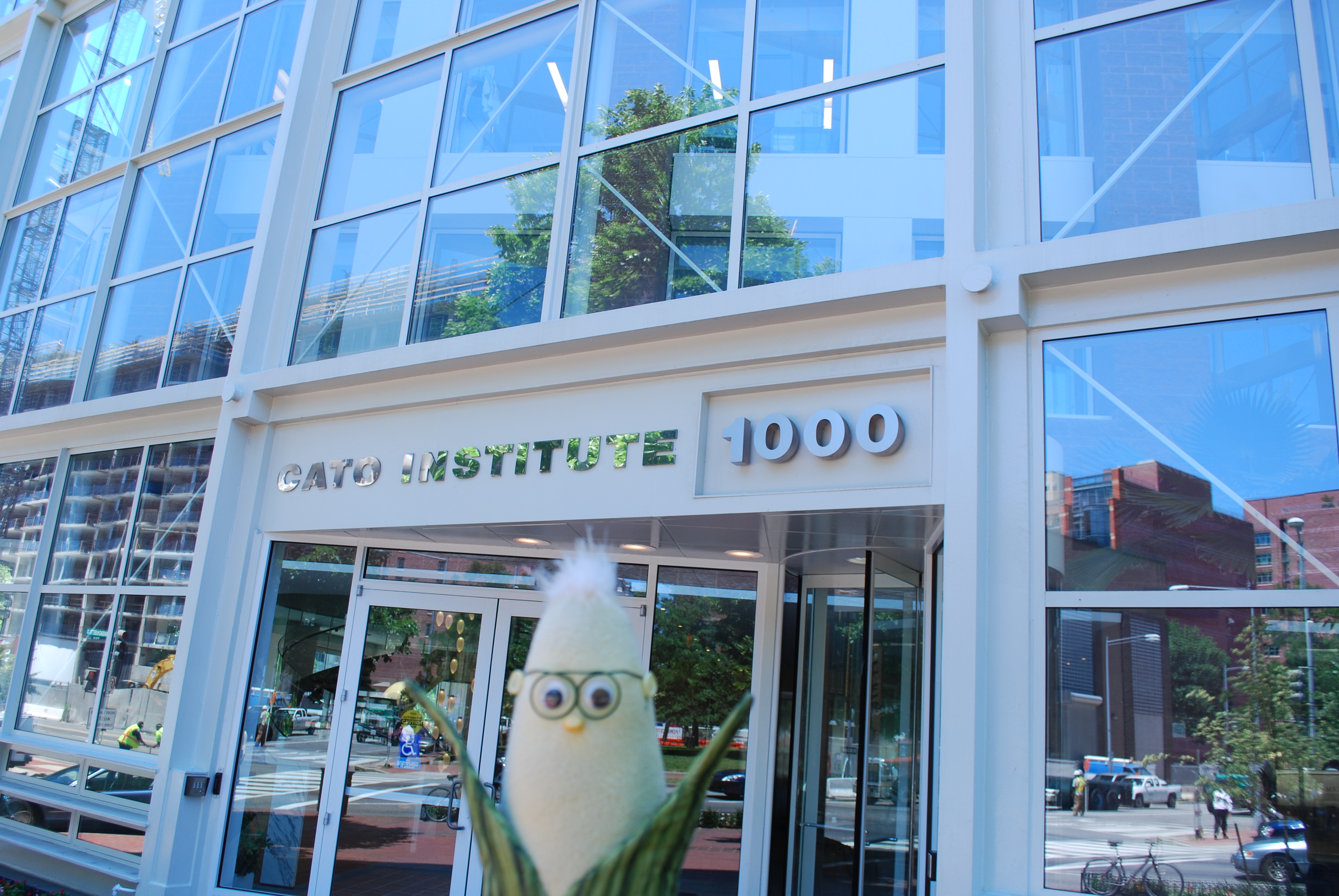
==================================================
Moderator: Judy Shelton -?Co-Director, Sound Money Project, Atlas Network
Gerald P. O?Driscoll Jr.?-?Senior Fellow, Cato Institute
Kevin Dowd -?Professor of Finance and Economics, Durham University
Tyler Goodspeed -?Junior Fellow in Economics, University of Oxford
==========================
O’Driscoll — What CBs can’t do? They aren’t prescient. ?Policy discretion — results aren’t measured, and politicians blame the Fed when things go wrong, and take credit when things go right.
Politicians and Central bankers engage in “symbiotic rent-seeking.”
Fed reform would involve reducing the Fed’s scope, improving its performance and enhance?its accountability.
Fed should let assets roll off the balance sheet and even sell off securities on the long.
Eliminate Fed 13.3 powers to eliminate lender of last resort powers. ?Can’t implement a policy rule without that.
Wants to keep the regional Fed banks.
Dowd: “Money often costs too much” Ralph Waldo Emerson
John Law and money printing. ?Sir Robert Giffen: “Governments, when they meddle with money, are so apt to make blunders.”
Allowing people to use their money freely is often viewed with scepticism.
ZIRP is not stimulative. ?It is a trap.
QE/LSAP
QE — greatest Wall Street bailout of all time.
Argues that ZIRP causes productivity to drop. ?Real Private Non-residential investment has only now come back.
Can’t calibrate hedges because markets are too stable. ?In a crisis, that would shift.
QE has not worked in Japan. ?Policy is increasingly delusional.
NIRP [negative rates] — doesn’t make sense. ?If it makes your brain hurt you are sane.
Must abolish cash to do NIRP. ?The most vulnerable people depend on cash. ?Loss of cash is a loss of civil liberty. ?Bad guys use every amenity, including?cash.
Helicopter money is a form of redistribution, which should belong to Congress. ?End of sound money. Hyperinflation.
The most costly money is the money that is free.
Goodspeed: We all ought to read more financial history: Those sympathetic to the elimination of large institutions today will learn. ?Aids imagination. ?Gives you kind of a “control group” to work with.
Prior to 1863, the US states had a wide number of approaches. ?There was public, mutual, and no insurance for deposits. ?He looks at contiguous counties in different states with different insurance regimes.
They had no effect on bank failure initially. ?Over the long run, though, the more double liability resulted in less defaults. Public insurance — ?More exposure to real estate and interbank lending, and other types of opaque lending. ?Double liability took less risk prior to crises, but took more risk after crises, adding to system stability.
Seems to be that growth was the same across the counties with public vs double liability.
Scottish banks with unlimited liability. ?During a balance of payments crisis — uses an extension option against British speculators.
Upshot: Socializing losses does not work well in the long-term.
Q&A
1) Benefit of QE?
Banking system bailout, nothing else
2) Ed Teryakin — what should Congress do to change the mandate of the central bank to get a better outcome?
O’Driscoll — long weak recovery; U-3 unemployment low?because of people who have left the labor force
3) Walker Todd — lend in a panic only on collateral of recognizable value for lender of last resort powers?
O’Driscoll: Texas S&L crisis — collateral rules get fuddled.
4) Real purpose of stress tests?
To calm the public. ?The tests are bad, particularly in Europe.
5) John Flanders, Central Methodist University — Canadian experience many fewer defaults. ?Weren’t US banks over-regulated?
Unit banks less stable. ?Law of small numbers in Canada. ?But are fewer bank failures a good thing?
6) How did we end up with a central bank? ?George and Martha Washington owned shares in the Bank of England.
Goodspeed: US banking has always had more failures. MD & VA tobacco planters defaulting on Scottish banks in 1772.
Dueling notions on the need for central banks with the Founding Fathers. ?George Selgin tossed in a comment.
7) CPA — aren’t buybacks a waste of funds. ?Bernanke said there would be a wealth effect, and then spending will rise. ?Spending did not rise. ?Wealth effect is not big.
8 ) Isn’t it a bad thing that there were no Canadian bank failures — not enough risk taking? ?Morphed into a question on risk-based capital:
O’Driscoll: RBC is a disaster.
Goodspeed: Canada was not starved of capital. ?Banks regulations can lead to their own set of problems. (DM: RBC creates its own weaknesses, but the one covering insurance in the US is pretty good.)
